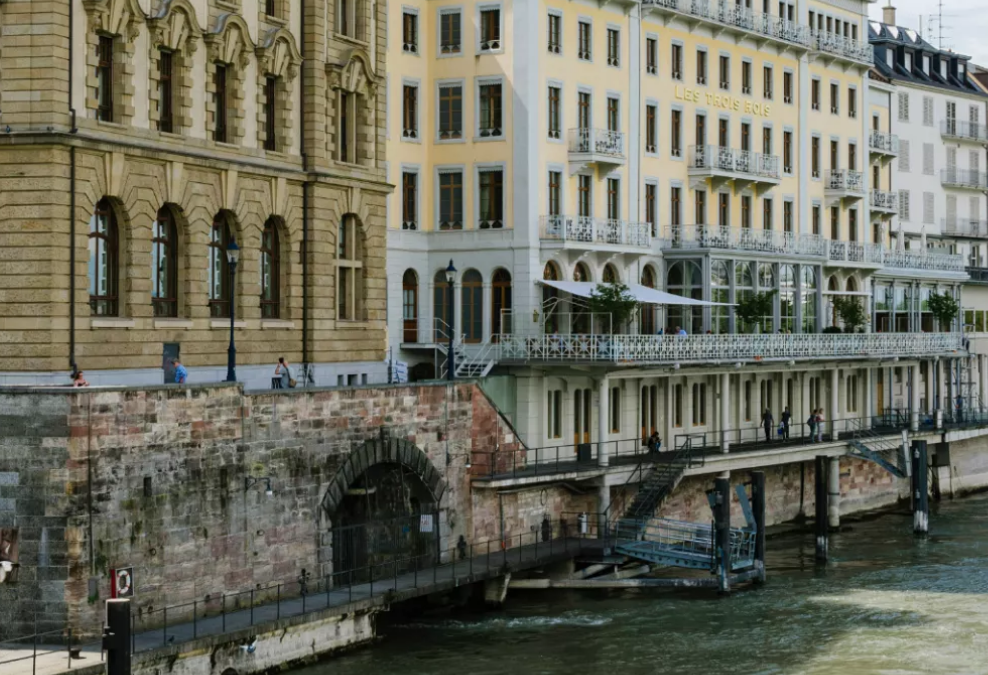Europe Faces Critical Nurse Shortage Amid Aging Population Europe is grappling with a significant shortage of healthcare professionals, particularly nurses.…
Read More

Europe Faces Critical Nurse Shortage Amid Aging Population Europe is grappling with a significant shortage of healthcare professionals, particularly nurses.…
Read More
Anti-Immigration Protests Erupt in Poland Ahead of Presidential Elections This weekend, Poland saw anti-immigration protests led by far-right groups, coinciding…
Read More
China’s Exports to the US Plunge Amid Rising Tariffs, but Overall Trade Surges In April, China saw a sharp decline…
Read More
European Tax Breaks: Attracting Wealthy Individuals Amid Economic Struggles As Europe grapples with economic challenges, several countries are offering enticing…
Read More
Basel to Host the 69th Eurovision Song Contest, with 50,000 Fans Expected Basel is gearing up to host the 69th…
Read More
Barcelona Grapples with Overtourism: How to Visit Responsibly Barcelona, a vibrant and sought-after European destination, is facing the pressures of…
Read More
Vatican Tightens Security Measures as Conclave to Elect Pope Francis’ Successor Approaches As the Vatican prepares for the papal conclave…
Read More
AI Predicts Potential Candidates for the Next Pope as Conclave Approaches As the College of Cardinals gets ready to gather…
Read More
The European Union has unveiled an ambitious new plan aimed at completely eliminating the import of Russian energy, including liquefied…
Read More
As Europe accelerates its shift toward renewable energy, cybersecurity experts are sounding the alarm about potential threats to solar power…
Read More